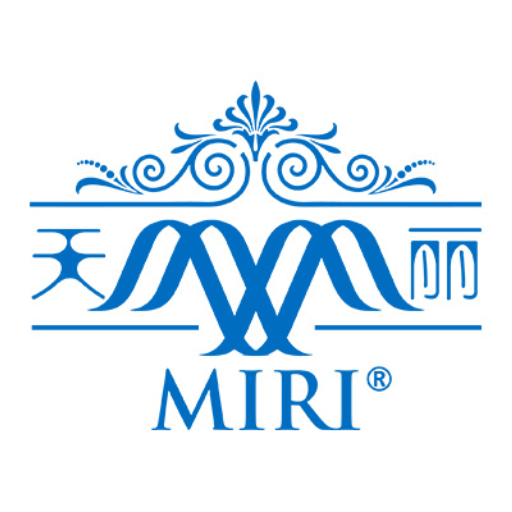Menopause and Skin Changes: How to Maintain Radiance During the Transition
Menopause is a natural biological process that marks the end of a woman’s reproductive years, but it also brings significant changes to the skin. As estrogen levels decline, many women notice their skin becoming drier, thinner, and less elastic. Understanding these changes and implementing a proactive skincare routine can help maintain a healthy, youthful glow during this transition.
Why Menopause Affects Your Skin
Estrogen plays a crucial role in maintaining skin health by promoting collagen production, retaining moisture, and supporting skin thickness. During menopause, reduced estrogen leads to:
- Decreased collagen production (up to 30% in the first 5 years post-menopause)
- Reduced skin elasticity and firmness
- Increased dryness and itchiness
- More visible fine lines and wrinkles
- Slower skin cell turnover
Natural Strategies for Menopausal Skin Care
1. Boost Collagen Intake
Supplementing with Miri Collagen Protein can help counteract the natural decline of collagen during menopause. This marine collagen peptides formula is easily absorbed and supports skin hydration and elasticity from within.
2. Hydrate Inside and Out
As skin becomes drier, it’s essential to increase water intake and use richer moisturizers. Look for products containing hyaluronic acid, ceramides, and natural oils like rosehip or jojoba.
3. Protect with Antioxidants
Menopausal skin is more vulnerable to environmental damage. Incorporate antioxidants like vitamin C, E, and green tea into your skincare routine to combat free radical damage.
4. Gentle Exfoliation
With slower cell turnover, gentle chemical exfoliants (like lactic or mandelic acid) can help remove dead skin cells without irritating thinner menopausal skin.
Internal Support for Menopausal Skin
The Miri Beauty Revital supplement combines phytoestrogens with collagen-supporting nutrients to help maintain skin’s youthful appearance during hormonal changes. Its formulation includes Pueraria Mirifica, known for its estrogen-like effects that may help offset some menopausal skin changes.
For comprehensive support during this transition, consider reading our guide on holistic menopause strategies and maintaining a youthful glow during menopause.
When to Seek Professional Help
If you experience significant skin changes, persistent dryness, or new skin concerns during menopause, consult a dermatologist. They can recommend medical-grade skincare treatments or prescribe topical estrogen for severe cases.
Remember, while menopause brings inevitable changes to your skin, with the right care and products like collagen supplements and phytoestrogen formulas, you can maintain healthy, radiant skin throughout this transition and beyond.
